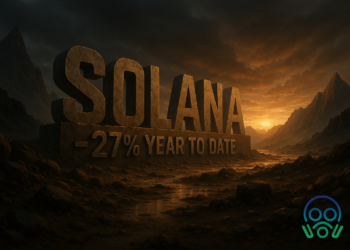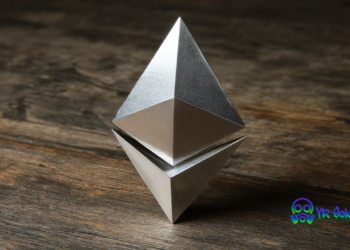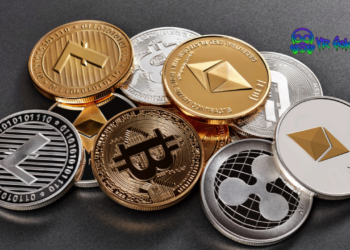The life of scientific researchers is far less glamorous than some might think. Especially for those traveling to remote locations, isolation and boredom are two of the biggest problems to contend with. Expeditioners at Antarctic stations are now exploring virtual reality technology to deal with the months of isolation. A noteworthy venture, as this technology has a lot of future potential.
Virtual Reality Comes to Antarctica
It is not entirely surprising to see researchers explore opportunities presented by virtual reality in the form of entertainment. Albeit that approach will not take the technology into the mainstream just yet, it can be a lifesaver for expeditioners traveling to remote locations. Researchers who travel to Antarctica or other remote regions have to content with boredom and isolation for lengthy periods of time.
As such, exploring new forms of entertainment becomes all the more important to these people. Virtual reality offers some interesting advantages in this regard. A new collaboration between Dartmouth College and the Australian Antarctic Division can yield surprising results. Both institutions are looking at how VR technology can help with mental health during these stressful times.
AAD Chief Medical Officer Dr. Jeff Ayton explains:
“Antarctica is an isolated, confined, extreme environment and we have some of the longest confinement on earth. It’s up to nine months at Mawson Station before we can get people out and the Australian expeditioners are suffering real isolation and hazardous conditions. The virtual reality scenes they’re looking at are Australian beach scenes, European nature scenes and North American nature scenes of forests and urban environments.”
Other aspects of this program tackle different aspects of the researchers’ conditions. By focusing on conflict management, stress, and mood, a lot of valuable information can be obtained from this VR experiment. Coping with the isolation of Winter in Antarctica is a lot more difficult than regular people might give it credit for. The data obtained from this experiment can also be used for long-term missions to Mars in a few years from now.
If you liked this article make sure to follow us on twitter @thevrsoldier and subscribe to our newsletter to stay up to date with the latest VR trends and news.












